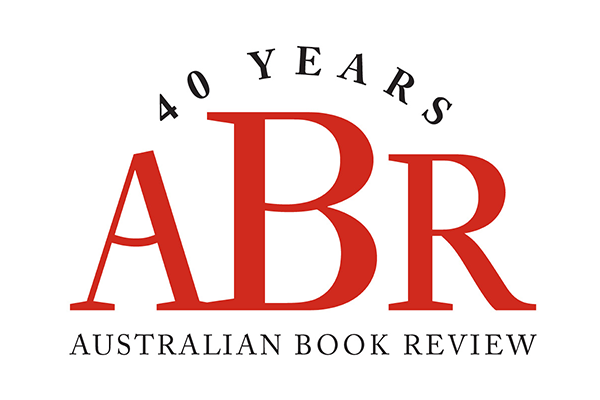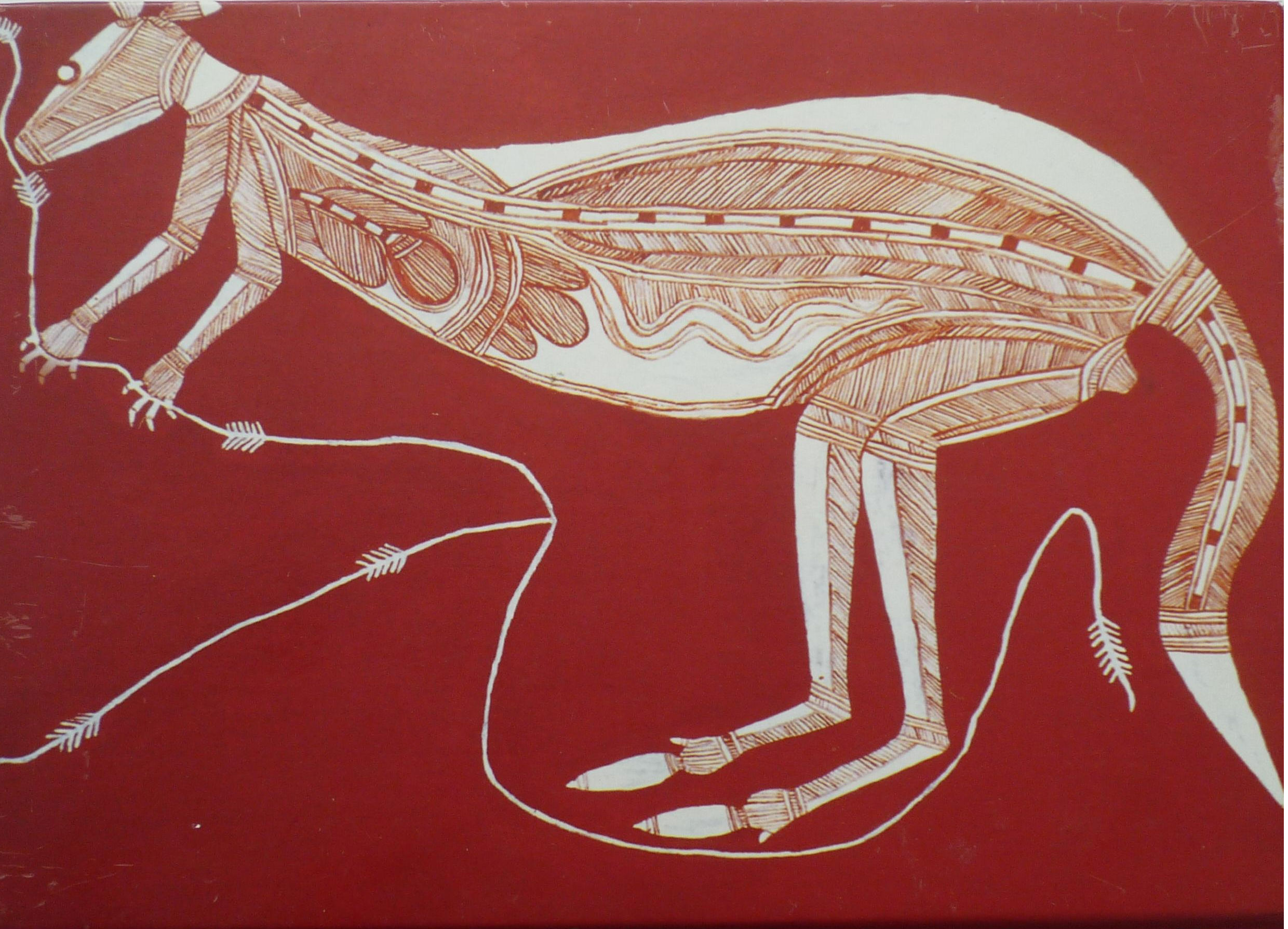Arts Law works with Australian Book Review to improve the terms of its “2018 Calibre Essay Prize”


Arts Law regularly reviews the terms and conditions (Ts and Cs) of competitions and rates them out of 5, for their fairness to artists. For example, Arts Law recently reviewed Australian Book Review’s “2018 Calibre Essay Prize” (this was a competition for a single non-fiction essay of 3,000 to 6,000 words in English, with cash prizes and publication opportunities). (These Ts and Cs are no longer available online, although the Ts and the Cs of the current 2019 Calibre Ess
ay Prize are, and we are pleased to see they are essentially the same as those Arts Law reviewed.)
Trudie Sarks, Senior Solicitor at Arts Law, contacted Australian Book Review (ABR) and suggested ways its Ts and Cs could be improved to make them more artist friendly. Arts Law’s suggestions aimed to strike a fair balance between ABR’s needs and those of the entrants/writers.
ABR was very receptive to Arts Law’s suggestions, and promptly made changes to its Ts and Cs. In particular, the Ts and Cs dealing with copyright and moral rights were improved, to remove ambiguities, clarify obligations and reflect best practice.
Regarding copyright, the Ts and Cs were amended to expressly state that the winner and the runner-up retain copyright in their entries. The language was tightened around the copyright licence the winner and runner-up grants ABR, to expressly state that it is a 3 month exclusive licence. In this time, the winner and runner-up are restricted from publishing elsewhere – which Arts Law considers to be fair and reasonable. It was made clear that under the licence ABR can only use the winning works in certain of its online and print editions (the dates of those editions were inserted into the Ts and Cs), with the writer’s consent required for further uses. It was also made clear that after the 3 month period, the licence becomes non-exclusive and indefinite – this is also sensible and fair.
The moral rights terms were significantly improved to go beyond merely consulting with a writer when editing his/her work, to obtaining the writer’s prior written consent before publishing the edited work. It was also expressly stated that ABR will credit the author.
Arts Law rated the amended Ts and Cs a perfect 5 out of 5 for fairness to artists!
Arts Law was very impressed with ABR’s attitude, which clearly demonstrated ABR’s respect for writers. Arts Law’s engagement with ABR and the positive outcome reflects Arts Law’s mission to empower artists in practice. Here Arts Law assisted an organisation with the end result being a positive impact on writers and their rights. As Peter Rose, ABR’s Editor and CEO informed Arts Law: “These changes will inform all future literary prizes at ABR. The magazine – deeply committed to the welfare of its writers – is committed to transparency in all its programs.”




